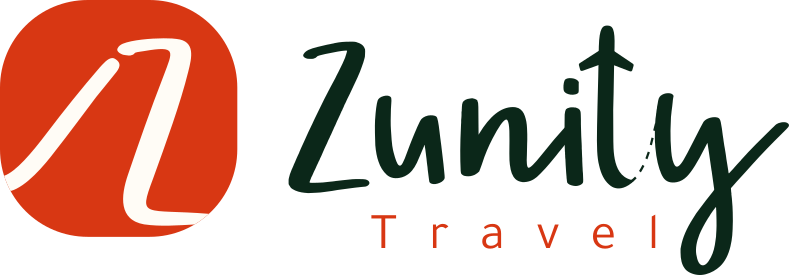

Essential information for visitors to the United Arab Emirates
Most nationalities can obtain a visa on arrival. However, all visitors are strongly advised to check their specific visa requirements with their airline or the UAE Federal Authority for Identity and Citizenship before traveling.
The UAE is served by several major international airports, including those in Abu Dhabi (AUH), Dubai (DXB and DWC), and Sharjah (SHJ). These airports offer excellent facilities, including currency exchange, car rental services, information desks, and connections to public transport options like taxis, buses, and metros.
The official language of the UAE is Arabic. English is extremely widely spoken and is the primary language of business. You will find that street signs, menus, and public information are typically bilingual (Arabic and English), especially in the major emirates.
United Arab Emirates Dirham (AED or Dhs). 1 AED = 100 fils. Fixed rate: USD 1 = AED 3.67.
The UAE has a desert climate, offering warm, sunny weather year-round.
The most pleasant time to visit, with daytime temperatures between 20°C and 30°C.
Very hot and humid, with temperatures often exceeding 40°C. The country's vast array of world-class indoor attractions, malls, and cooled public spaces ensure it is a fantastic year-round destination.
Major telecom operators like etisalat and du offer services across the UAE. Visitors can often purchase tourist SIM cards at airport arrivals halls.
Free public Wi-Fi is widely available in shopping malls, airports, cafes, and many public attractions across the UAE.
The UAE is globally recognized for its safety and has one of the lowest crime rates in the world. For emergencies anywhere in the UAE, dial:
The UAE is a modern Muslim nation with a cosmopolitan and tolerant society. Visitors are expected to respect local customs and laws, which are more conservative than those in Western countries.
Consumption is permitted only in licensed venues, such as hotel bars, restaurants, and private clubs. Drinking in public places or being intoxicated in public is strictly prohibited.
Excessive PDA is frowned upon and may even be illegal. Holding hands is generally acceptable, but more overt displays should be avoided in public.
The dress code is generally relaxed but modest attire is recommended and appreciated out of respect for the local culture.
Swimwear is appropriate at hotel pools, private beaches, and waterparks.
When visiting shopping malls, government buildings, or traditional souks, visitors should dress more conservatively (clothing that covers the shoulders and knees).
When visiting a mosque, both men and women must wear conservative, loose-fitting clothing. Women are also required to cover their hair with a headscarf.
While many common international medicines are available in pharmacies, the UAE has strict regulations regarding controlled and prescription medications.
https://mohap.gov.ae/en/w/issue-of-permit-to-import-medicines-for-personal-use
Tipping (or baksheesh) is not mandatory but is a common practice for good service in restaurants, hotels, and for taxi drivers. The amount is left to your discretion, typically around 10-15% in restaurants if a service charge is not already included.